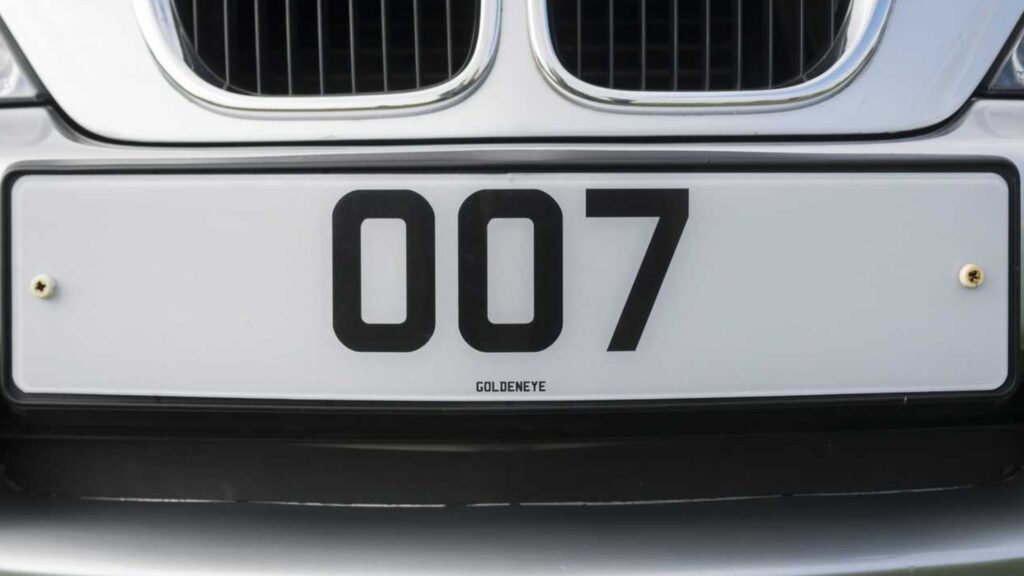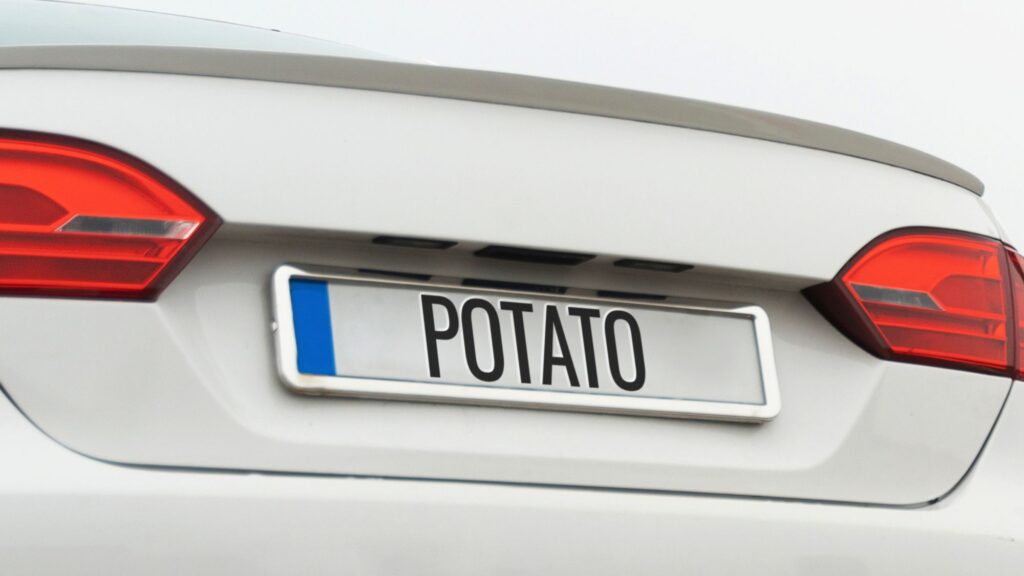Private number plates and 4D private plates are both varieties of automobile registration plates, although they are fundamentally different from one another. Five key distinctions between short registration numbers with private number plates will be examined in this comparison:
Private License Plates:
Private number plates are identical to conventional number plates, with the exception that you can customize them in several ways. It’s a method for owners to add personality to their cars and make vehicles stand separate from the rest of the vehicles. All automobiles have license plates, although the majority of them lack personalized license plates. Private number plates differ because of this.
Short License Plates:
Personalization and customization have taken centre stage in the automotive industry, influencing both owners and enthusiasts. There are several ways to make a car stand out from the crowd, from inside improvements to outward changes. Short number plates are a particular development that has been very popular in recent years.
People looking for a distinctive and fashionable touch for their vehicles have shown an interest in these little, minimalist license plates. In this blog post, we’ll look into the rising demand for and allure of small license plates, as well as the effects they have on the auto manufacturing industry.
Structure and Content:
Short Number Plates:
Short number plates adhere to a particular format and composition established by the federal government or appropriate authorities in a particular location. They are also referred to as conventional or standard issue numbers.
Typically, they are made up of a certain sequence of letters and numbers. For instance, an insignificant number plate in the UK might read “AB12 CDE,” whereby “AB” stands for the area code, “12” for the year of issuance, and “CDE” for a random string of letters and numbers.
Private Number Plates:
Often known as personalized or custom plates, give vehicle owners the freedom to select the letters and numbers they want as long as they comply with the rules established by the appropriate government. Any meaningful combinations that comply with the character’s restriction and rules may be shown on personalized plates, including designations, initials words, and other symbols. Examples of private license plates include “CAR 123” or “JOHN 1.”
Individualization:
Short Number Plates:
Government agencies or relevant entity issues short number plates, and the number and letter combinations are normally allotted depending on registration procedures. There is little almost no control over the specific characters that appear on short number plates for vehicles. They are given uniform plates that might not have any special meaning for them.
Private License Plates:
Private number plates allow for a lot of customization. Automobile drivers may communicate their uniqueness, advertise their businesses, or display private communications by choosing the characters they desire. A business proprietor might, for instance, select a private plate that features the name or acronym of their organization.
Accessibility and Cost:
Short Number Plates:
Short number plates are easily accessible from the government or authorized organizations. These license plates typically have fixed, standardized prices, with regional and vehicle-specific variances. Short-number plates are typically less expensive than private numbe plates.
Private License Plates:
Registration numbers are made according to the wishes of certain car owners, making them special and only seldom available. Private panels can be priced higher due to their personalized nature, with pricing fluctuating greatly depending on how desirable the particular character combination is. Private number plates under high demand that have unusual or significant character combinations can fetch a high price.
Recognizability and Recall Ability:
Short Number Plates:
Official identification plates can be distinguished by their short number plates. They could not, however, be as distinctive or naked eye catching as personalized plates. They may be less noticeable on the road due to their standardized format.
Private Number Plates:
Because they are individualized, private number plates frequently jump out. They have the potential to be notable because striking, and provocative. For businesses or people looking for attention or recognition, these license plates may be advantageous because they are more likely to be seen and understood by other automobile drivers and pedestrians.
Transferability:
Short Number Plates:
Short license plates are often attached to a single vehicle therefore is difficult to move between various cars. Unless the new proprietor requests an additional short number surface, the license plate number of a vehicle often stays attached to it whenever ownership changes.
Private Number Plates:
These plates aren’t easily transferrable. As long as both cars comply with the necessary registration standards, motorists can easily transfer their personalized license plates from one automobile to another. Private number plates are a long-term investment because of the flexibility that allows owners to keep their distinctive plates even when switching vehicles.
Final Words:
In conclusion, there are differences between private number plates and short license plates in terms of availability, individualization, recognition by number plate recognition system, and ability to be transferred. The decision among both of them is influenced by personal tastes, available funds, and the need for identification or personalization.


